On this page, you can expect to find a comprehensive vocabulary list for the subject of bird watching. There are links to games, flashcards, and other resources related to this topic. Explore and enhance your knowledge of bird watching with the resources provided here.
Bird watching, also known as birding, is a popular outdoor activity where enthusiasts observe and study various species of birds in their natural habitats. This hobby is not only a relaxing and peaceful experience, but it also provides an opportunity for individuals to connect with nature and learn about different bird behaviors, habitats, and migration patterns. Bird watching is a great way to appreciate the beauty of wildlife and can be enjoyed by people of all ages and backgrounds.
Practice & Reinforce Your Learning
Bird Watching Vocabulary List
Bird identification
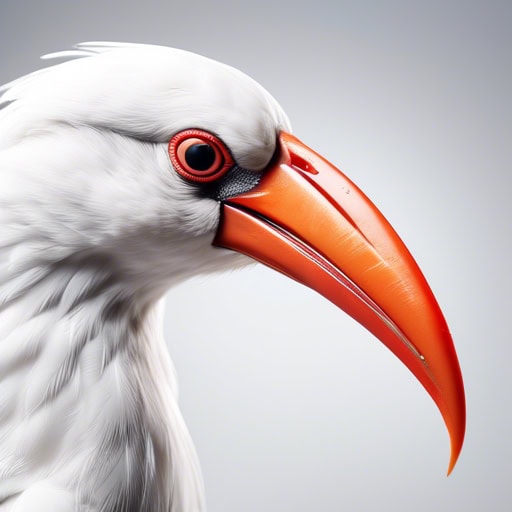
- The bird used its sharp beak to peck at the seeds on the ground.
- The pelican's long beak was perfect for catching fish in the water.
- The toucan's colorful beak is one of its most distinctive features.
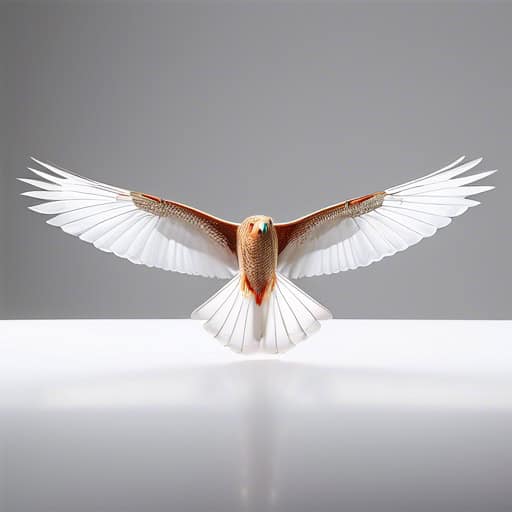
- The bald eagle has an impressive wingspan of up to 7 feet.
- The albatross has the largest wingspan of any bird, measuring up to 11 feet.
- The wingspan of a Boeing 747 can reach up to 211 feet.
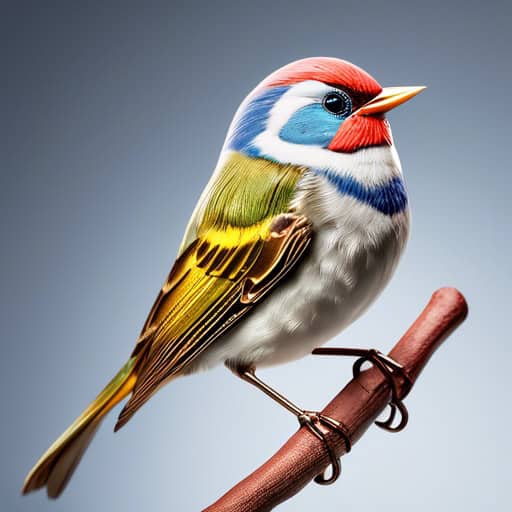
- The vibrant colors of the songbird's feathers caught the attention of the birdwatchers as it perched on a branch, filling the air with its beautiful song.
- During the early morning hours, the songbird's sweet melody could be heard echoing through the forest, signaling the start of a new day.
- As the sun began to set, the songbird's enchanting song lulled the weary travelers to sleep, creating a peaceful atmosphere in the tranquil meadow.
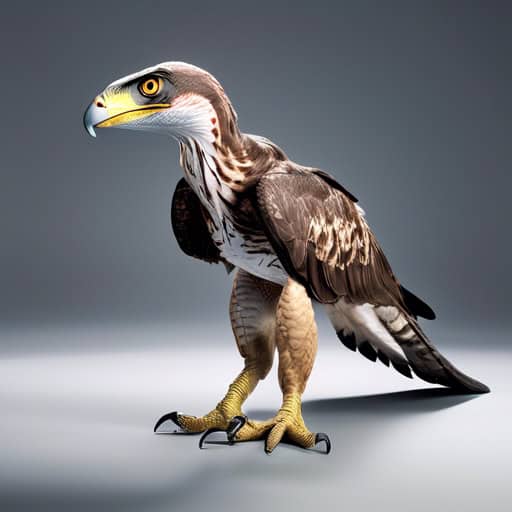
- The raptor soared through the sky, scanning the ground below for its next meal.
- The paleontologist discovered fossilized remains of a prehistoric raptor in the desert.
- The zookeeper carefully fed chunks of meat to the hungry raptor in its enclosure.
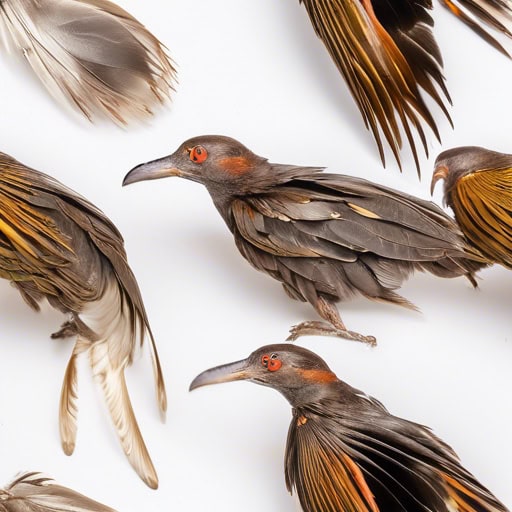
- During the molt, the bird's feathers will fall out and be replaced with new ones.
- The molt can affect a bird's ability to fly until the new feathers have fully grown in.
- Many bird species undergo a molt once or twice a year to maintain healthy feathers.
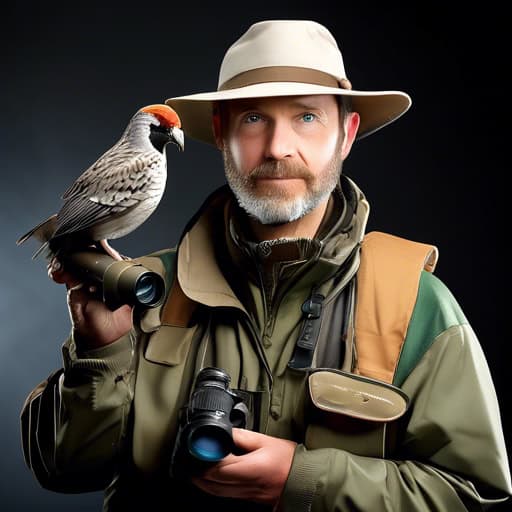
- The ornithologist spent hours observing the unique nesting habits of the local bird population.
- After years of research, the ornithologist published a groundbreaking study on the migratory patterns of songbirds.
- The ornithologist's expertise in bird identification made them a valuable resource for birdwatchers in the area.
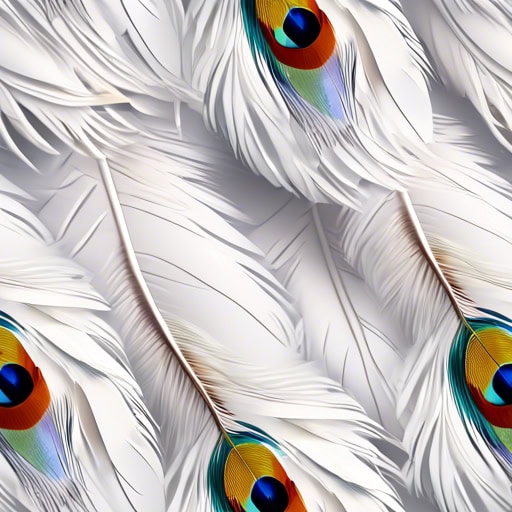
- The male peacock's vibrant plumage is a sight to behold, with its iridescent blues and greens shimmering in the sunlight.
- Birdwatchers often use the unique plumage of each species to help them identify different birds in the wild.
- During mating season, male birds may flaunt their colorful plumage to attract a mate and establish dominance within their flock.
Bird behavior observation
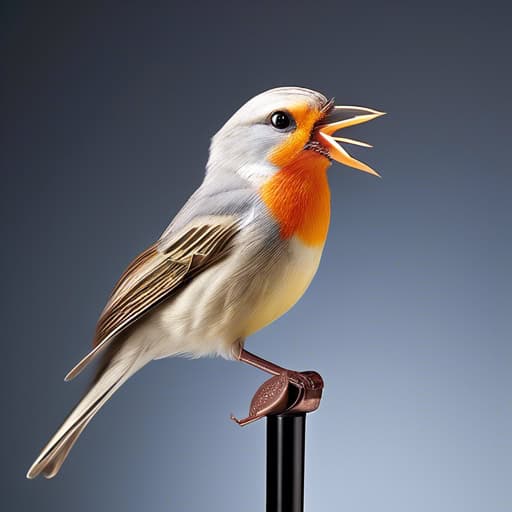
- The male bird's singing behavior was a clear indication of his dominance and territorial ownership.
- The researchers noted a significant difference in the singing behavior of the two bird species studied.
- The female bird displayed a more subdued singing behavior compared to the male, possibly indicating a different purpose for her vocalizations.
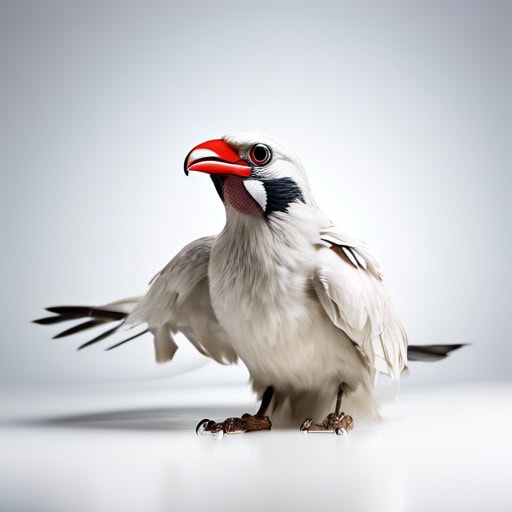
- The mobbing behavior of the group of crows drove away the hawk that was circling overhead.
- The mobbing of the cat by the group of sparrows surprised onlookers in the park.
- The mobbing of the squirrel by the group of blue jays seemed relentless as they chased it from tree to tree.
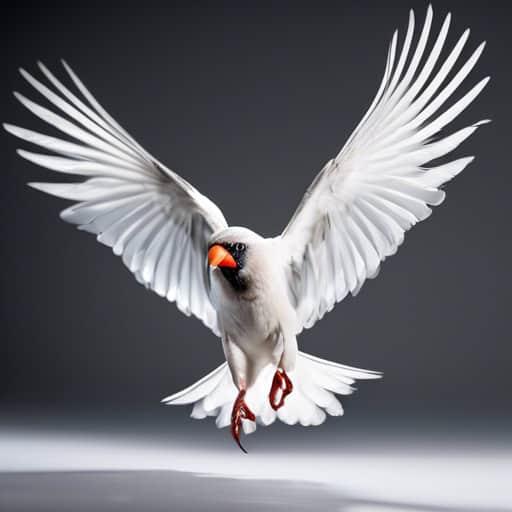
- The male cardinal's aggression displays were evident as he fiercely defended his territory from other birds.
- The robin's aggression displays were triggered by the presence of a rival male in his nesting area.
- The aggression displays of the blue jay were particularly intense during the breeding season as they competed for mates and resources.
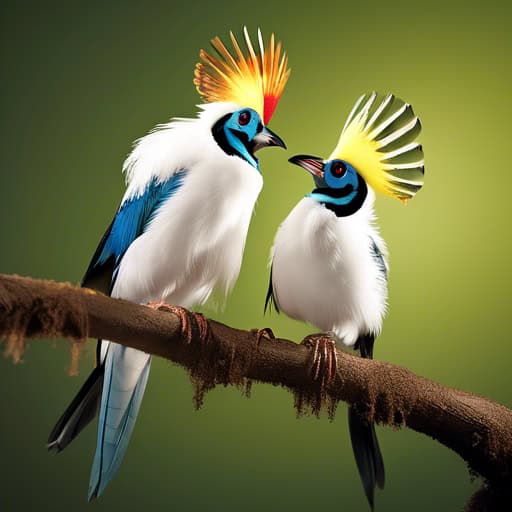
- During courtship rituals, male peacocks display their vibrant plumage to attract females.
- Male birds often engage in elaborate dances and vocalizations as part of their courtship rituals.
- Some species of birds offer gifts of food to potential mates as part of their courtship rituals.
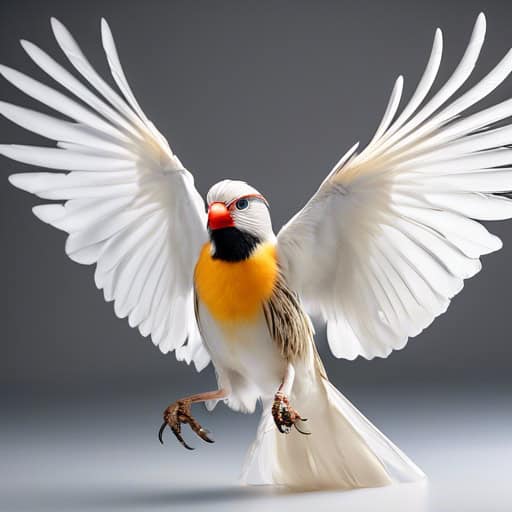
- The male cardinal displayed territorial behavior by chasing away other birds that entered its territory.
- During breeding season, the robin exhibited aggressive territorial behavior towards other robins in the area.
- The hummingbird's territorial behavior was evident as it fiercely protected its nectar-rich feeding area from other hummingbirds.
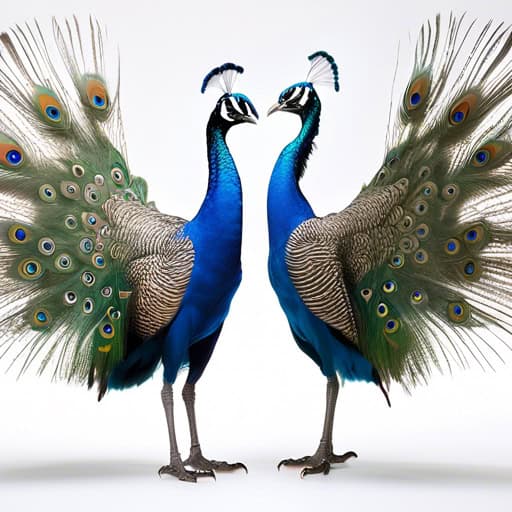
- The male peacock's extravagant mating display includes fanning out his colorful tail feathers and shaking them to attract a female.
- During the spring, male birds can be heard singing loudly and performing intricate mating displays to impress potential mates.
- The male bowerbird constructs elaborate bowers and decorates them with colorful objects as part of his mating display to attract females.
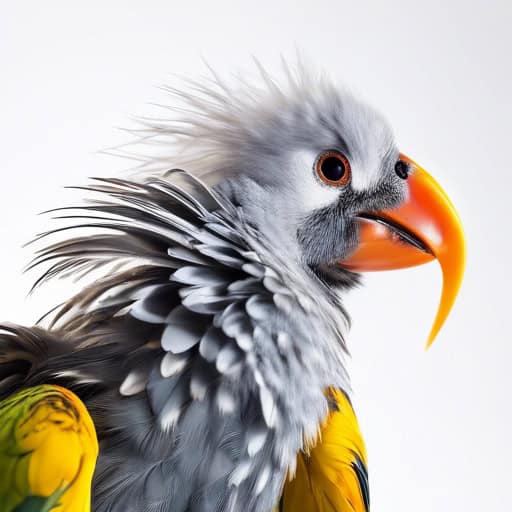
- The peacock spent hours preening its vibrant plumage, making sure each feather was perfectly in place.
- After bathing in the river, the duck began preening itself on the shore, smoothing down its wet feathers.
- The songbird sat on a branch, delicately preening its feathers with quick, precise movements.
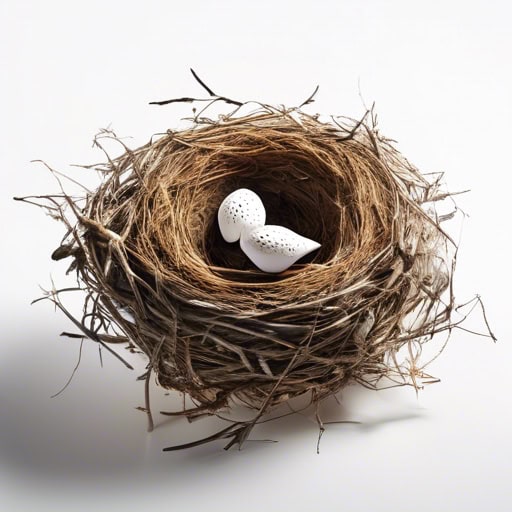
- The male bird spent days meticulously arranging twigs and feathers for nest building.
- Watching the pair of birds work together on their nest building project was a beautiful sight.
- The intricate design of the nest building showed the bird's dedication to creating a safe home for their future offspring.
Bird watching Equipment
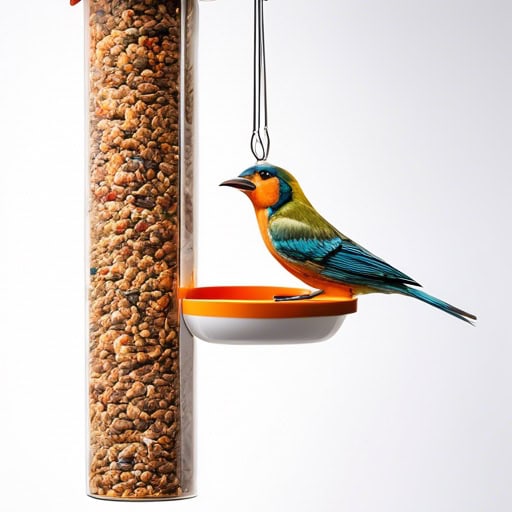
- The bird feeder in the backyard is always full of chirping visitors.
- I love watching the colorful birds at the bird feeder in the morning.
- The squirrel keeps trying to steal the seeds from the bird feeder.
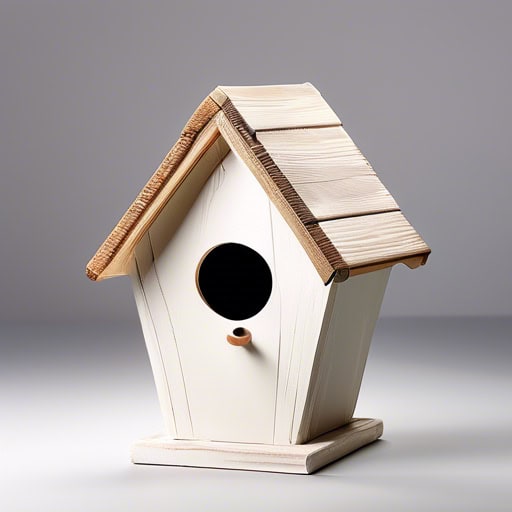
- The bird house in the backyard is filled with chirping baby birds.
- I painted the bird house a bright blue color to make it stand out in the garden.
- My grandmother enjoys sitting on the porch, watching the birds come and go from the bird house.
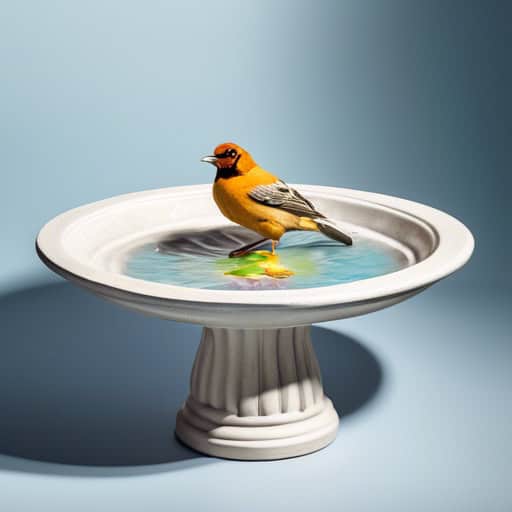
- The birds splashed happily in the bird bath on a hot summer day.
- The colorful array of feathers surrounding the bird bath was a sight to behold.
- The sound of chirping and splashing from the bird bath brought a sense of tranquility to the yard.
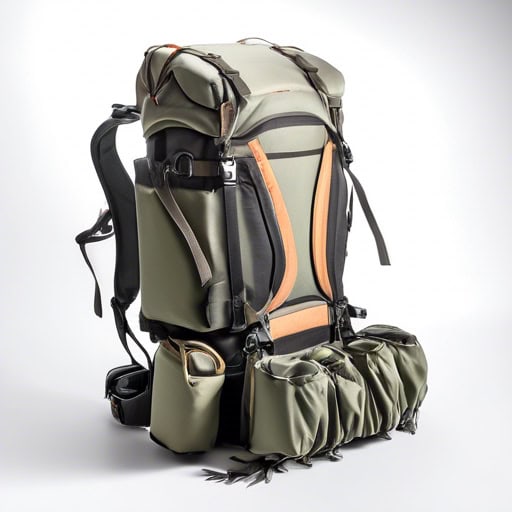
- I love my new birding backpack because it has compartments for my binoculars, field guide, and snacks.
- My birding backpack is lightweight and has comfortable padded straps for long hikes.
- I always bring my birding backpack on trips to the forest to spot rare species.
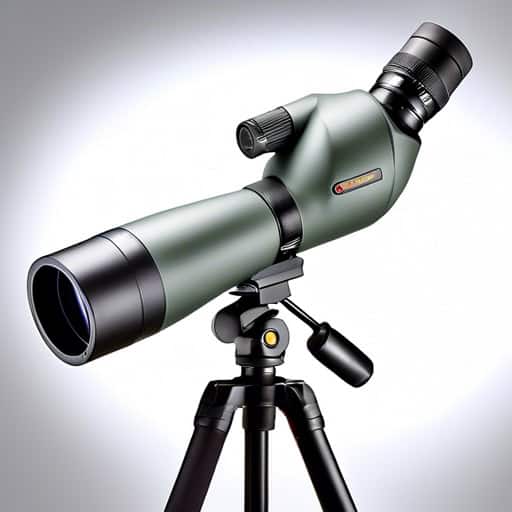
- I use my spotting scope to observe the intricate details of birds' feathers and behaviors while bird watching.
- The spotting scope allowed me to see a rare species of bird that I had never seen before.
- With the help of my spotting scope, I was able to identify various bird species while on a nature hike.
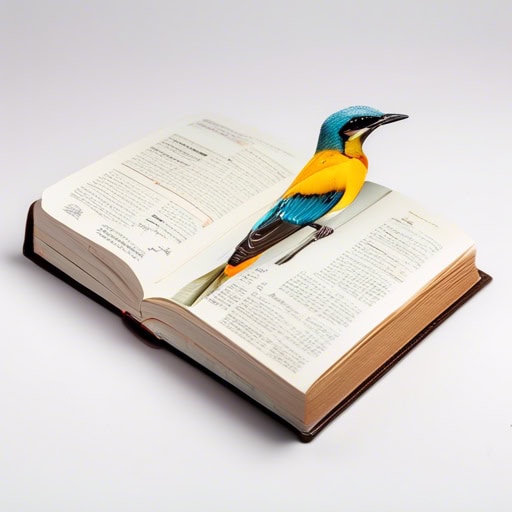
- I always carry my field guide with me when I go birdwatching.
- The field guide has detailed descriptions and beautiful illustrations of various bird species.
- Using a field guide can greatly enhance your birdwatching experience.
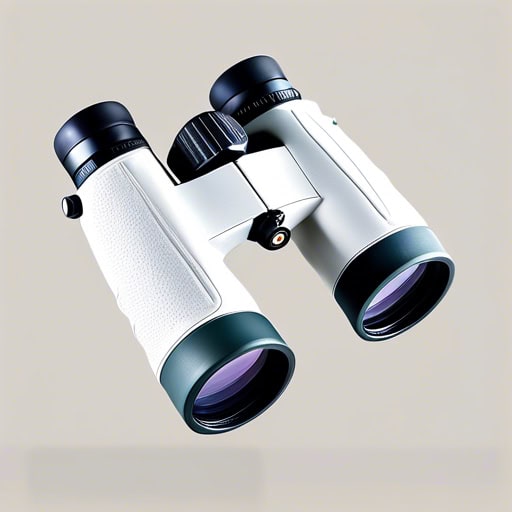
- I forgot to bring my binoculars on our hike, so I couldn't see the birds clearly.
- She carefully adjusted the focus on her binoculars to get a better view of the eagle soaring overhead.
- The binoculars were essential for spotting wildlife during our safari adventure in Africa.
Bird watching Etiquette
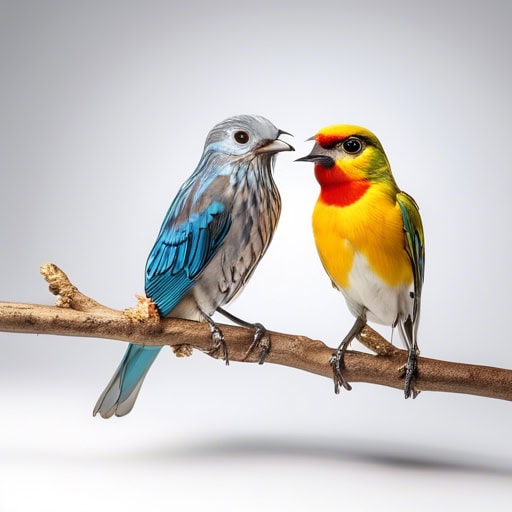
- I always show respect for wildlife by observing from a distance.
- It is important to respect the habitat of birds by not leaving any litter behind.
- In bird watching, it is crucial to respect the guidelines set by conservation organizations.
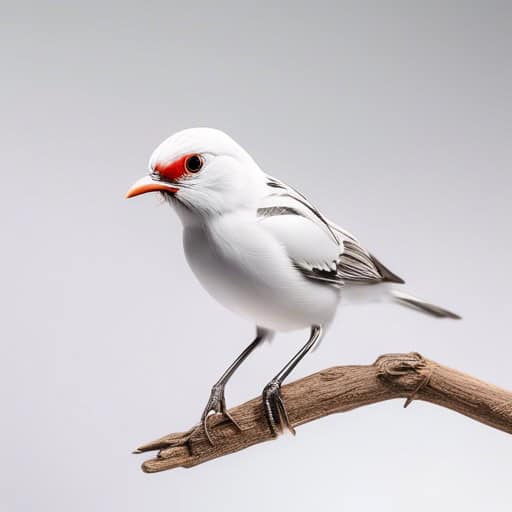
- The group of bird watchers walked silently through the forest, trying to stay as quiet as possible.
- The calm and quiet atmosphere allowed them to hear the subtle chirps and calls of the birds around them.
- They sat down on a bench near a pond, taking care to keep their voices low and movements slow to maintain the peaceful quiet of the area.
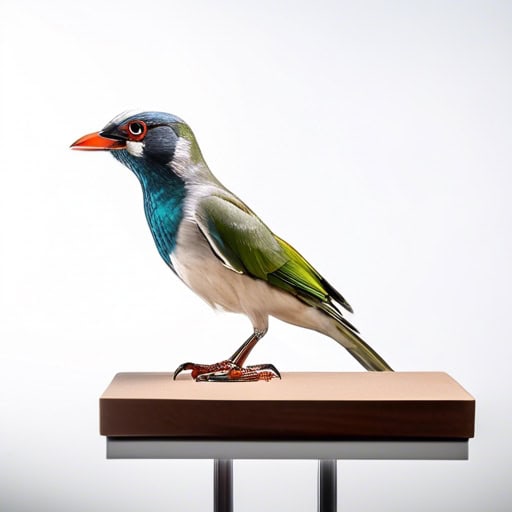
- I quietly observed a family of ducks swimming in the pond, marveling at their graceful movements.
- From my vantage point on the hiking trail, I could observe a variety of colorful songbirds flitting among the trees.
- Sitting on a bench in the park, I took the time to observe the squirrels playfully chasing each other around the base of a tree.
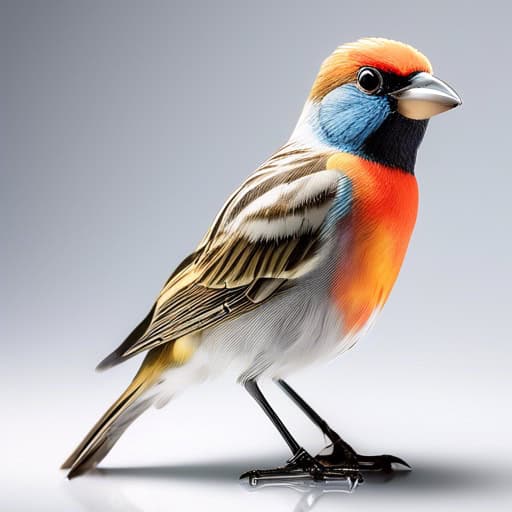
- Always remember to keep a respectful distance from nesting birds to avoid disturbing them.
- Bird watchers should use binoculars or spotting scopes to observe birds from a safe distance.
- It is important to maintain a proper distance when bird watching to minimize the impact on the birds' behavior and environment.
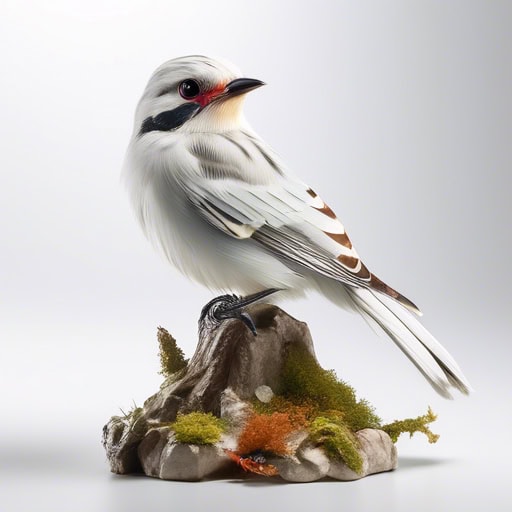
- The destruction of the wetland habitat has led to a decline in the population of migratory birds.
- Conservation efforts are being made to protect the habitat of endangered species in the rainforest.
- The construction of a new road has disrupted the natural habitat of many wildlife species in the area.
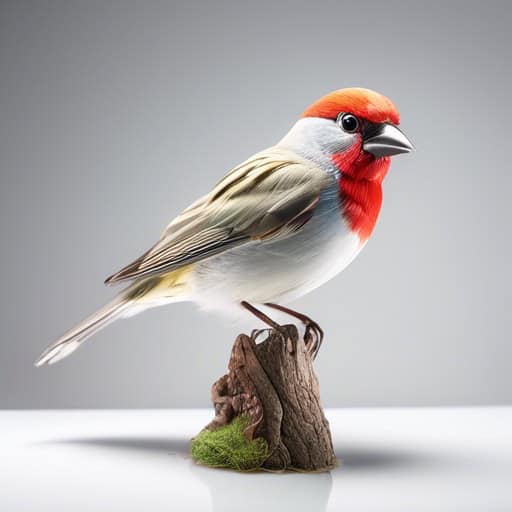
- I watched the colorful warbler through my binoculars, practicing patience as it flitted from branch to branch.
- Patience is key when trying to spot elusive species like the snowy owl in its natural habitat.
- Bird watchers must have patience and respect for the environment to truly appreciate the beauty of the birds they observe.
Quick Facts
- Bird watching, also known as birding, is a popular recreational activity that involves observing and identifying birds in their natural habitats.
- The origins of bird watching can be traced back to the late 18th century in England, where it was practiced as a hobby by wealthy aristocrats.
- Bird watchers often use binoculars, field guides, and bird calls to help them identify and track different species of birds.
- The Cornell Lab of Ornithology in Ithaca, New York, is a leading research institution that studies bird behavior and ecology, and provides resources for bird watchers around the world.
- Bird watching can have positive effects on mental health, as it encourages mindfulness, relaxation, and a connection to nature.
